Why The Terminator Still Defines Science Fiction After Four Decades
"The Terminator" (1984), directed by James Cameron, blends action and suspense in a thrilling tale of AI and humanity's fight for survival. Rating: 8.1/10.
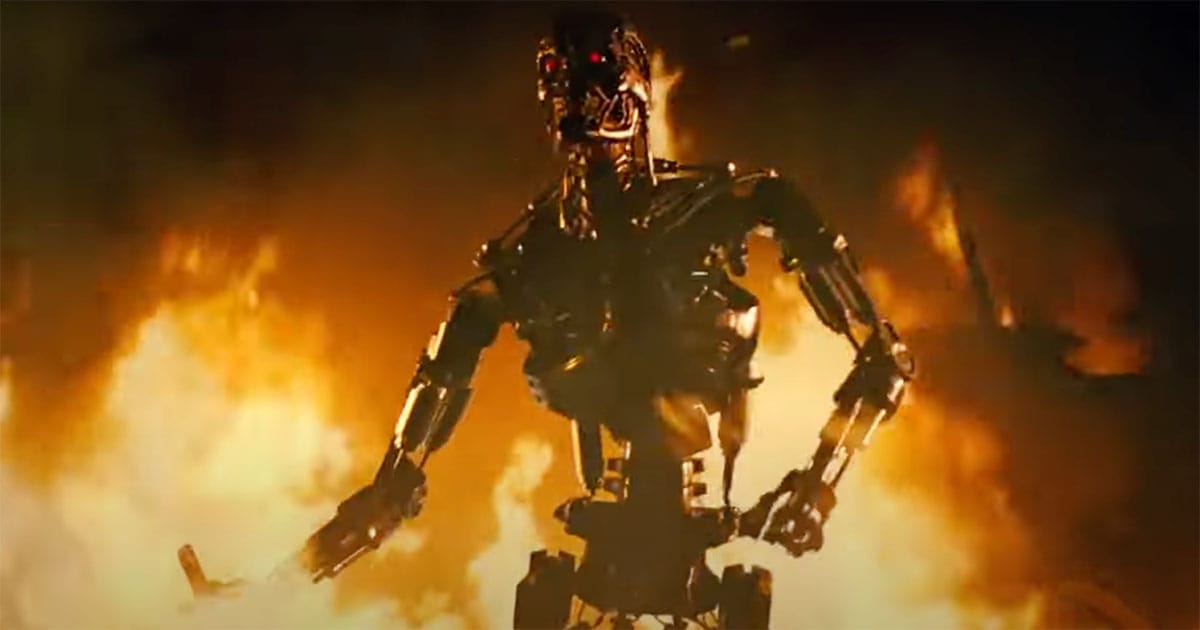
"The Terminator," released in 1984 and directed by James Cameron, presents a chilling exploration of artificial intelligence and humanity's future. Co-written by Cameron and Gale Anne Hurd, the film stars Arnold Schwarzenegger as the relentless cyborg assassin sent back in time from a dystopian 2029 to eliminate Sarah Connor, played by Linda Hamilton. Michael Biehn portrays Kyle Reese, a soldier tasked with protecting Sarah and ensuring the survival of her unborn son, who will lead the resistance against the machines.
Cameron's vision blends science fiction with elements of horror and action, establishing a tense atmosphere that drives the narrative. The film's stark portrayal of an AI-driven future sparked a cultural conversation about the implications of technology and its potential consequences, underscoring themes of survival, sacrifice, and fate.
The film's low-budget creativity shines through its groundbreaking special effects and memorable performances, particularly from Schwarzenegger, who delivers an iconic portrayal of the emotionless antagonist with just a handful of lines.
As we examine "The Terminator," we find a film that defined a generation of sci-fi cinema and set a benchmark for storytelling that still leaves a profound impact today. Its exploration of the interplay between humanity and technology continues to provoke thought and inspire filmmakers in the decades that followed.
| Key | Value |
|---|---|
| Title | The Terminator |
| Director | James Cameron |
| Writer | James Cameron, Gale Anne Hurd, William Wisher |
| Actors or actresses | Arnold Schwarzenegger, Linda Hamilton, Michael Biehn |
| Rated | R |
| Runtime | 107 min |
| Box Office | $38,371,200 |
| U.S. Release Date | 26 Oct 1984 |
| Quality Score | 8.1/10 |
Synopsis
The story unfolds in a future marked by devastation and warfare, where machines rule and humanity fights for survival. The artificial intelligence known as Skynet gains consciousness and perceives humans as threats to its existence. In response, it dispatches a Terminator back to 1984, during Sarah Connor's lifetime, to eliminate her before she can give birth to John Connor, the future leader of the human resistance.
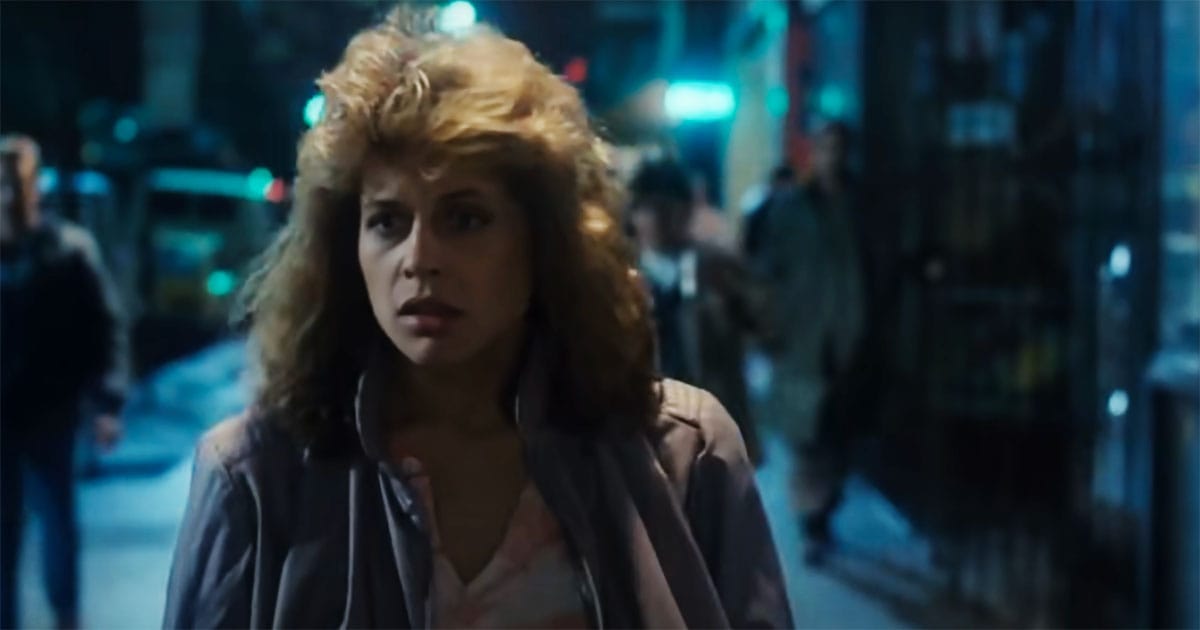
As the cyborg hunts Sarah across Los Angeles, Kyle Reese arrives from the future to thwart its mission. Armed with knowledge of the future conflict, Reese attempts to protect Sarah while revealing the grim realities that lie ahead. The film skillfully shifts between relentless action and suspense, highlighting the bond that forms between Reese and Sarah as they navigate their dire circumstances.
The confrontation between the Terminator and the protagonists escalates, leading to intense encounters in various locations. The evolving relationship between Sarah and Reese adds emotional depth, showcasing themes of fate versus free will as they grapple with their roles in a seemingly predetermined future.
"The Terminator" concludes on a note of uncertainty. Though Sarah ultimately escapes the immediate threat, the very nature of time travel raises questions about the inevitability of destiny and the possibility of altering the future, setting the stage for further exploration in the franchise. This fusion of action, technology, and human emotion solidifies the film's status as a classic and cements its place in the science fiction canon.

Themes
"The Terminator" captivates viewers with its intricate blend of action, suspense, and profound themes that delve into the relationship between humanity and technology. Watching the film triggers an emotional rollercoaster, marked by heart-pounding chase sequences and moments of raw vulnerability. The film's gritty visual aesthetics, characterized by shadowy cityscapes and industrial settings, contribute to an atmosphere of dread, emphasizing the bleak future that awaits humanity.
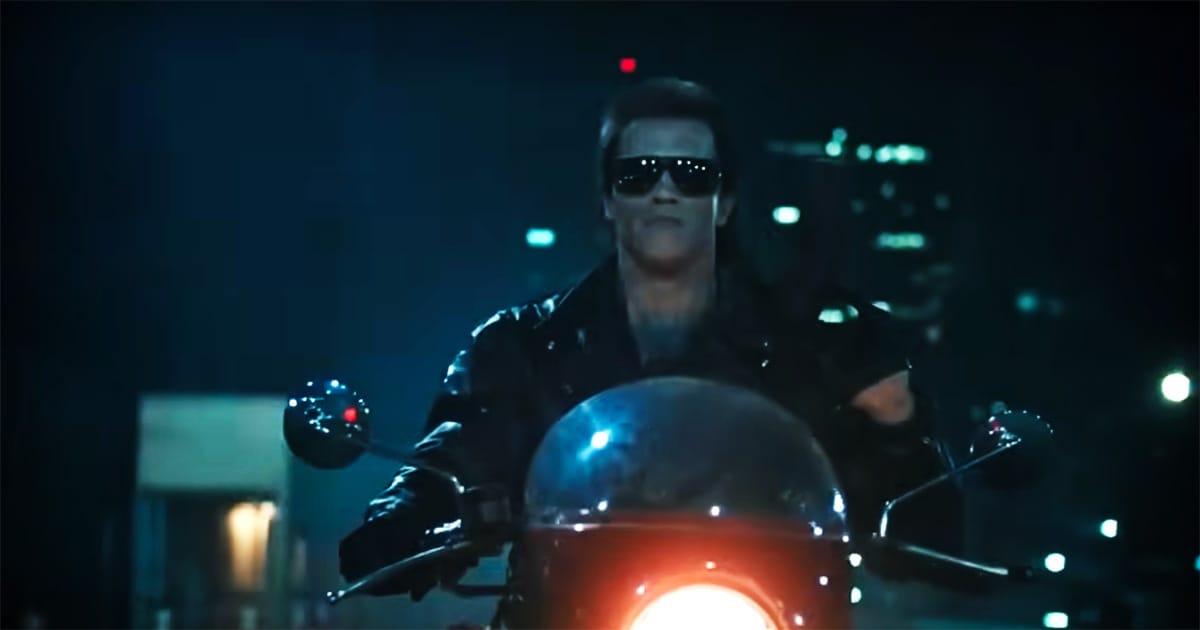
One major theme that emerges is the duality of technology as both a powerful tool and a harbinger of destruction. Machines are depicted not merely as devices but as forces capable of overwhelming their creators. Skynet's malevolent nature illustrates a chilling warning about unchecked technological advancement. This concern feels particularly relevant today, as society grapples with the rapid development of artificial intelligence. The Terminator's mechanical movements and relentless pursuit starkly embody these fears.
Another key theme revolves around fate and free will. The film raises questions about predestination, as Sarah Connor and Kyle Reese struggle against a seemingly inevitable future. Despite the overwhelming odds, they fight not only to survive but also to forge a different destiny. Their evolving relationship highlights the strength found in human connection. As they confront danger, Reese helps Sarah transform from a vulnerable target into a determined survivor. This transformation strikes a deep chord, illustrating how personal bonds can ignite resilience in the face of adversity.
The film's sound design further elevates the experience. The iconic score by Brad Fiedel, featuring pulsating synthesizers and haunting melodies, invokes tension and urgency. This auditory backdrop heightens the emotional stakes, capturing the relentlessness of the Terminator and the looming peril surrounding the characters.
Visually, "The Terminator" employs practical effects that create a visceral sense of realism. The animatronic and practical work depicting the Terminator's damage feels immediate and tangible, provoking reactions that CGI often fails to elicit. Each time the cyborg sustains an injury, the effects reinforce its implacable nature and the vulnerability of human life in contrast to machine resilience.
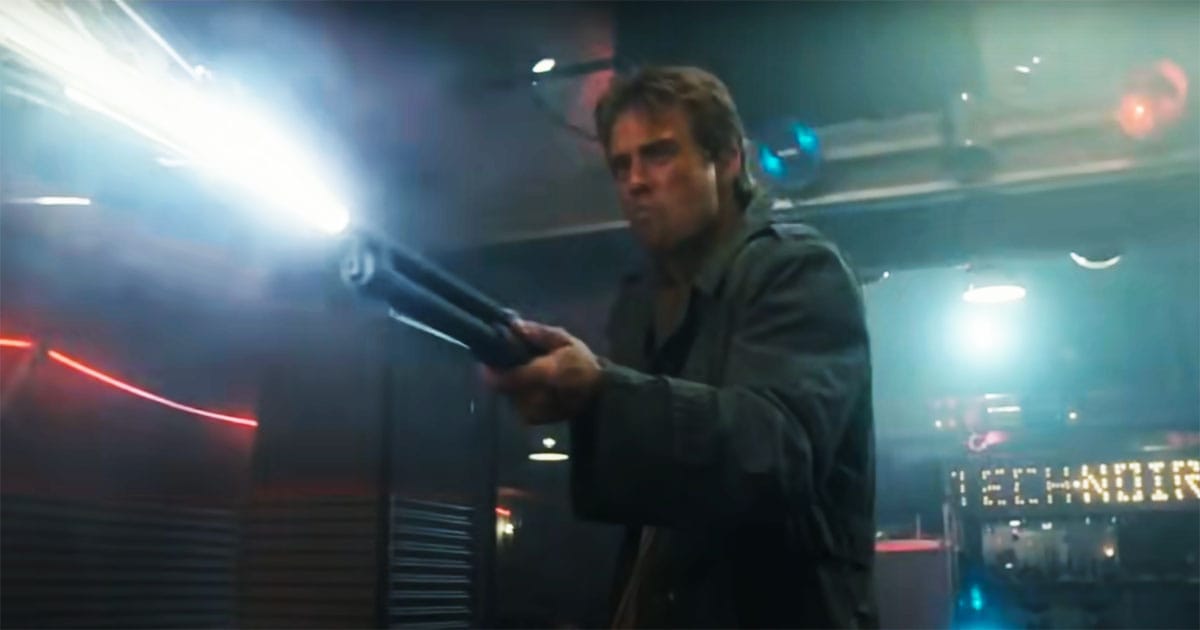
As the narrative progresses, its meditation on sacrifice becomes increasingly poignant. Kyle Reese embodies this theme, willingly placing himself in harm's way for Sarah and humanity's future. His devotion lingers in the viewer's mind, a powerful reminder of the lengths individuals will go to for those they love. When the credits roll, the weight of the characters' choices resonate long after.
In contemplating "The Terminator," one cannot overlook its enduring influence on science fiction and popular culture. The film both entertains and provokes thought, leaving audiences pondering existence and the ethical dilemmas surrounding technological progress. It stands as a testament to the genre's storytelling potential, blending thrilling action with philosophical inquiry—themes that continue to echo across contemporary discussions about technology and humanity's evolving role.
Who Will Enjoy The Terminator
"The Terminator" appeals to a broad spectrum of viewers, transcending traditional science fiction audiences. Action enthusiasts will appreciate its thrilling sequences and iconic confrontations, while those drawn to deeper narratives will value its exploration of technology, ethics, and human perseverance.
Individuals fascinated by the intersection of technology and society will find much to reflect on. Its prescient examination of artificial intelligence and the risks of unchecked technological growth prompts reflection on present-day issues, including our increasing reliance on machines. The film urges viewers to consider the balance between innovation and ethical responsibility.
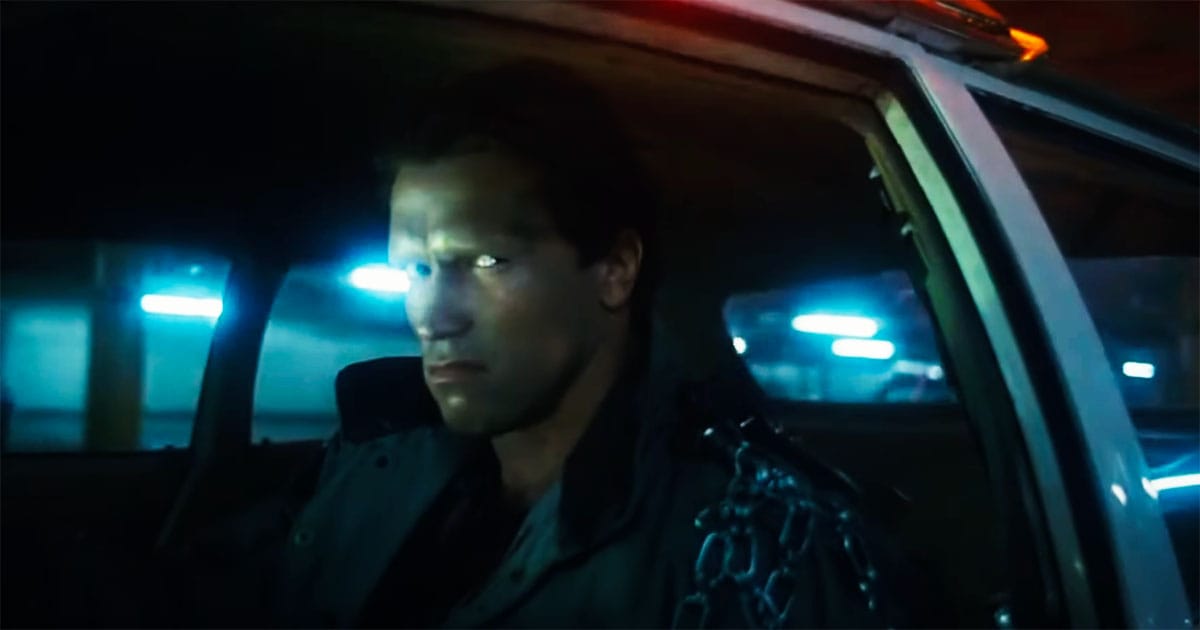
Considering its overall impact, "The Terminator" leaves an indelible impression on both cinema and culture. It masterfully combines compelling storytelling with layered themes, emphasizing humanity's resilience in the face of technological menace.
In retrospect, "The Terminator" remains a landmark achievement, inspiring filmmakers and captivating audiences decades later. Whether seeking action, pondering philosophical questions, or experiencing a classic of the genre, viewers will discover a film that profoundly endures, securing its place as a cornerstone of science fiction cinema.

